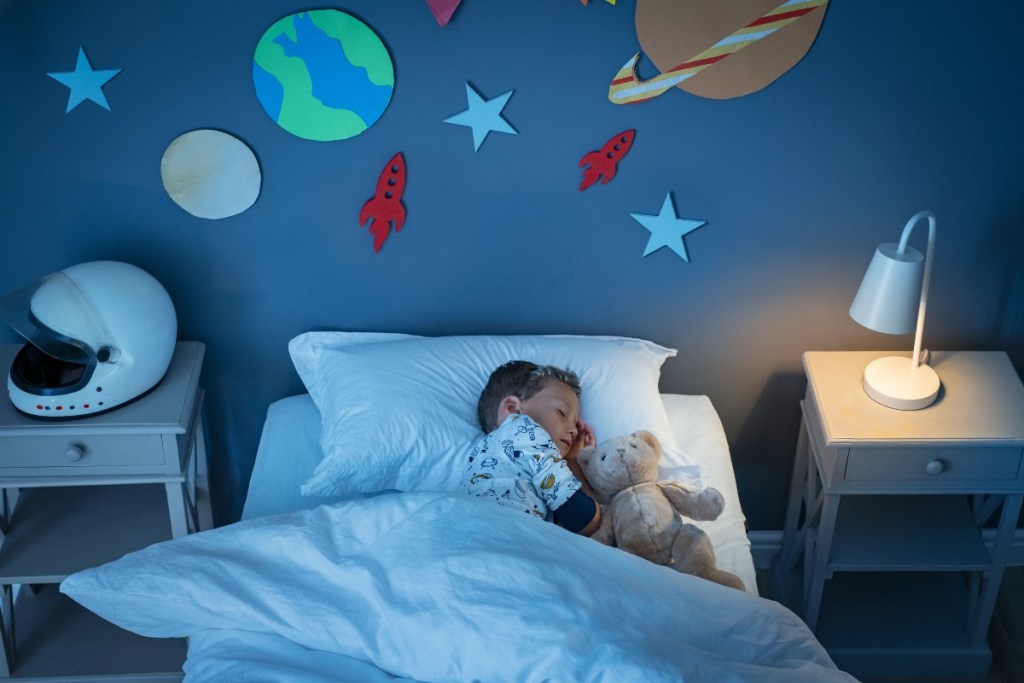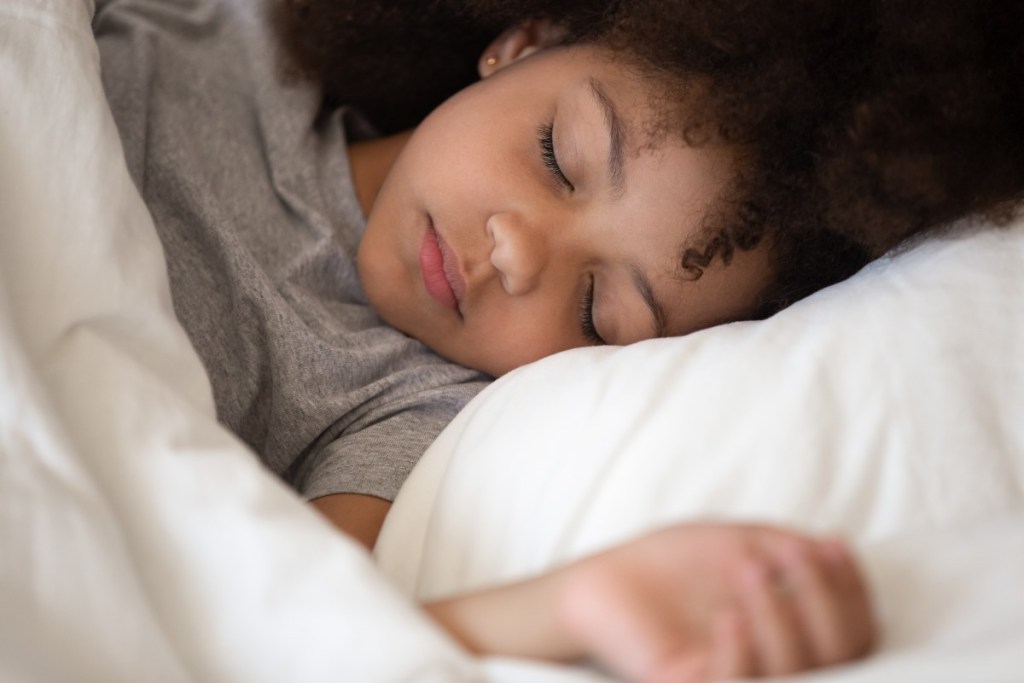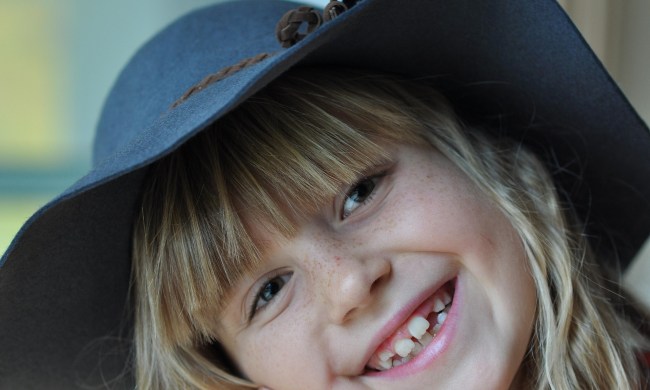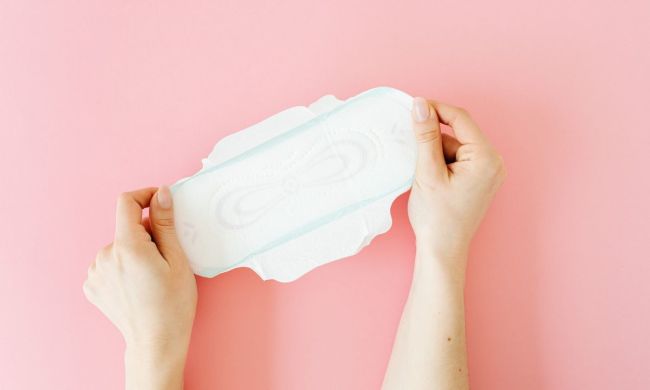Bedwetting is a common issue among toddlers and young children. Generally speaking, it’s not a cause for alarm. There are two types of bedwetting: Primary and secondary. Primary bedwetting is an ongoing issue. Secondary bedwetting happens seemingly out of nowhere — or after a period of significant overnight dryness. Either way, there could be a number of simple explanations: Maybe your child’s bladder is small, they could be drinking too much before bed, or perhaps they habitually hold it in throughout the day.
Sometimes, though, bedwetting can be caused by an infection, anatomical issues, or sleep disturbances. Occasionally, emotional problems may lead to bedwetting, too. The first thing you’ll want to do before trying out any DIY solution is to talk to your pediatrician; they’ll work with you to rule out any underlying conditions (i.e., diabetes). Together, if you determine that there is a simple, nonmedical explanation, there are a few products, tips, and tactics you can try.

Bedwetting solutions
Ready to help your kiddo stay dry and cozy throughout the night? Don’t expect a miracle; it will, most likely, take time and a combination of efforts. No pressure, no anxiety — bedwetters already have enough of that! It is most important to take it slow and maintain patience and loving empathy. Here are some initial steps you can take:
Go to the bathroom before bed — without fail
Does your kid fall asleep on the couch? Do they drag themselves up to bed — already half snoozing? You’re going to want to reintroduce a pre-bedtime routine.
- Step 1: Brush teeth.
- Step 2: Wash face.
- Step 3: Go potty!
Be consistent and insistent about this last step — even if they say they don’t have to go, they should always at least try. Chances are, they could have a little lingering tinkle (or a big one) waiting to be released. This simple request could be the difference between a dry morning and a soggy set of jammies.
Restrict liquid intake
You certainly don’t want to punish your child and deprive them of water and other liquids, but you should try to curb the chugging habit after a certain time. If it’s within one or two hours of your kiddo’s bedtime, encourage small sips only. Better yet, it’s even more effective to ensure that your child gets plenty of fluids throughout the day; they’ll be less likely to “need” all the drinks at bedtime if they are well-hydrated.
Bladder training
The first step of bladder training is to set up a consistent bathroom schedule. Basically, your child should try every two or three hours on the dot regardless of whether they have to go or not. This shouldn’t be rushed; kids need to take their time and relax to help spur the brain-bladder connection. Some experts believe you should also wake your child up at least once or twice at night to try, too. (This is debatable, though, and others discourage this practice.)
Urinary bed alarm
If you have tried other products and bedwetting solutions with limited success, you might want to give a sensor alarm a go. In short, a pad can detect when your child just begins to urinate and sounds an immediate alarm. This will wake your child up and cue them to run to the bathroom. It sounds jarring, but, anecdotally, many parents have found almost immediate long-term success with this type of product.
This option by TheraPee is on the more expensive side — and with good reason. It gets the highest ratings from reviewers across the board who tout its effectiveness in reducing accidents and helping children overcome bedwetting for good.
Try waterproof sheets and a mattress case
If your child continues to wet the bed, you may want to invest in waterproof sheets and even a waterproof mattress cover. This will help make that middle-of-the-night wet-bed struggle a little easier on you and your exhausted child.
Get training pants
It’s simple: Your kid might not yet be capable of holding much liquid in their bladder throughout the long night at this stage of childhood. It’s common for little ones to have little bladders. In this case, extended training pants can be a simple, short-term solution.
Goodnites come in multiple sizes and offer five layers of absorbent protection, reinforced leg barriers to stop leaks in their tracks, and odor absorption so that your snoozing sweetie can stay asleep and remain comfortable after an accident occurs — or if they wake up, they can be empowered to change quickly and independently.

Should you reward a child?
Putting bedwetting to bed isn’t always an overnight affair. Typically, it takes time and patience. Your kiddo may have success one night, then experience an accident the next. Neither you nor your child should feel like a failure if solutions don’t immediately yield results. This is a marathon, not a race — so celebrate the milestones along the way. You may consider a rewards chart; every dry night/morning could result in a prize. Perhaps going to the bathroom before bed (even if they really don’t want to!) gains them points, too.
Find a system that works for you and motivates your child. Just be sensitive; you don’t want them to feel punished for setbacks.
Bedwetting is nothing to be ashamed of. It’s a natural and common occurrence among young children. Of course, in the moment, it can feel disheartening for little ones. They don’t want to wake up soaked and uncomfortable. They may not be confident enough to sleep over at a friend’s house for fear that they may wet the bed. What’s more, it can be trying on a parent; you have to get up in the middle of the night, strip the bed, clean your kid, and help get them back down again.
Despite the difficulties that come with this stage, you should both understand that this phase will pass. Don’t be afraid to broach this conversation with your child; they need to know that it’s okay. In the meantime, you can try a few nifty solutions and, when in doubt, consult with your child’s pediatrician. If bedwetting happens beyond 7 years of age (or starts around that time), you also will want to get professional help.


